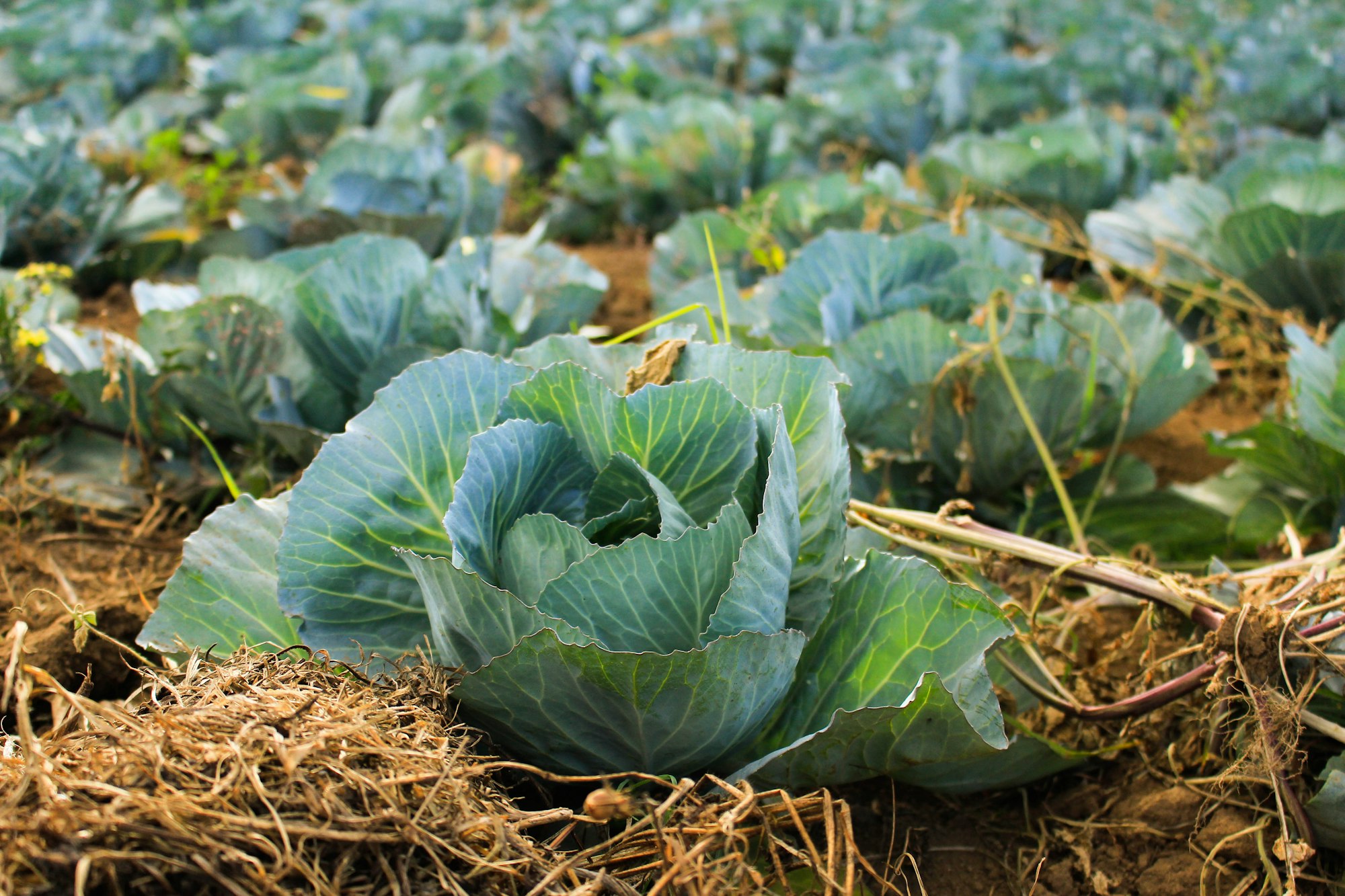Valentine's Day is here, and our thoughts are turning to love. Our love of learning languages? Absolutely. How languages can connect us and bring us closer with those we love? That, too. But today, we're looking at how we express our love in different languages.
Terms of endearment can be some of the trickiest words to translate. Equal parts romantic and cringeworthy, they don't always make a lot of sense out of context. Why do English speakers call their adult partners 'baby?' What on earth does it mean to call someone the 'apple of your eye?' We guess there's an internal logic here that only makes sense when you're in love. Here are a few of our favorite romantic pet names and compliments from languages around the world!

French
If you poll a hundred people and ask them which language sounds the most romantic, you'd probably get a sizeable chunk voting for French. But some French terms of endearment sound more romantic if you don't know what they mean. "Mon petit chou" or "chouchou" is one of the most famous ones. Literally, it translates to 'my little cabbage.' As healthy and versatile as cabbages are, we can think of quite a few plants we'd rather be compared to. But wait! Many French speakers will tell you that the pet name actually comes from the phrase, "chou à la crème," a type of pastry. A cream puff sounds much sweeter than a cabbage!
Portuguese
The Portuguese language has its own alternative to "chouchou." In Brazilian Portuguese, chuchu is also a name for a vegetable, but not a cabbage. It's what we call chayote, a type of green squash. The cute Portuguese saying, “meu chuchuzinho” translates to 'my little squash.' Did Portuguese speakers borrow this term from French, or do they really love vegetables? We don't know, but we do know that another Portuguese pet name, docinho, means something along the lines of 'bonbon!'

Spanish
If cabbages or squash aren't your style, how about some more poetic comparisons to fruits and vegetables? One of our favorite terms of endearment in Spanish is, "mi media naranja," which means, "my half an orange." If you think about it, that's a beautiful concept, like another way of saying 'my other half.' Another lovely one is "corazón de melón." Literally, this means 'heart of a melon," or more figuratively, sweetheart. Melons are sweet, and the heart of a melon is the sweetest part! This sweet line comes from a classic song.
Italian
A lot of terms of endearment compare loved ones to something small and cute. There's a reason so many of these begin with "my little." But Italian takes this kind of compliment to a new level with the phrase, "Microbino mio." No, you're not imagining things. That means exactly what you think: my little microbe. This leads us to wonder, though– is there such thing as a big microbe? If you're worried that your partner might not appreciate being compared to a microbe, we can recommend "mia anima gemella," which means "my twin soul."

German
One of the most common term of endearment you'll hear in German is "Schatzi" or "Schatz." It may not be the most beautiful sound to English-speaking ears, but its meaning is lovely: treasure. German is famous for its many long compound words, so you might expect an interesting literatal translation for another term of endearment: "Schnuckiputzi." We hate to break it to you, though, but there isn't one. Schnuckiputzi is nothing but nonsense sounds! You'll most commonly see it translated to mean something like 'sweetiepie.'
Chinese
What's the most amazing compliment you've ever received? There's one compliment in Mandarin Chinese that would definitely win our hearts. "Chényú luòyàn (沉鱼落雁)" is a Chinese idiom that’s similar to the expression “drop dead gorgeous.” Its literal meaning is, “sink fish, drop goose." In other words, this person is beautiful enough to sink the fish and make geese fall from the sky. If you want to learn how to say this phrase to your loved one, you have plenty of time to practice. The Chinese equivalent of Valentine's Day, the Qixi Festival, doesn't take place until August!

Russian
While we're on the subject of fish, we have to share one of our favorite pet names from Russia. Like, literally pet names. The Russian term "Рыбка (rybka)," translates to "little fish," or even "fishlet." While that's not one we've ever heard in English, we have to admit that fish are known for their kissy faces! If you're looking for a safer option that's still inspired by pets, the more common "котёнок (kotyonok)" means "kitten."
Arabic
Even if you don't know any Arabic, you might know the most common term of endearment in the language. Depending on the gender, that's Habibi or Habibti (حبيبي/حبيبتي), which simply means "my love" or "my beloved." If you're looking for something more unusual and creative, one of our favorites is "Ya Amar (يا قمر)," which means "the moon." The comparison often is meant as, "the most beautiful." After all, the moon can be show-stoppingly beautiful. But if you think about how the Earth would cease to be a livable planet without the moon... well, that's romance.

Hebrew
What's something you can't imagine life without? Something more precious to you than anything? The Hebrew phrase "עיניים שלי (Einayim sheli)" befits the deepest and most powerful love. Its literal meaning: "my eyes." Think about it compared to calling someone 'my heart.' The heart might be what keeps us alive, but the eyes are the part through which we perceive life. Calling someone "my eyes" is about as intimate as it gets. Arabic and Greek speakers must agree– their languages have similar sayings, too.
Are you planning to use any of these this Valentine's Day? Do you have a favorite term of endearment from a language you're learning? Let us know!

 Spanish
Spanish
 French
French
 Italian
Italian
 Arabic
Arabic
 Portuguese
Portuguese
 German
German
 Chinese
Chinese
 Japanese
Japanese
 Russian
Russian